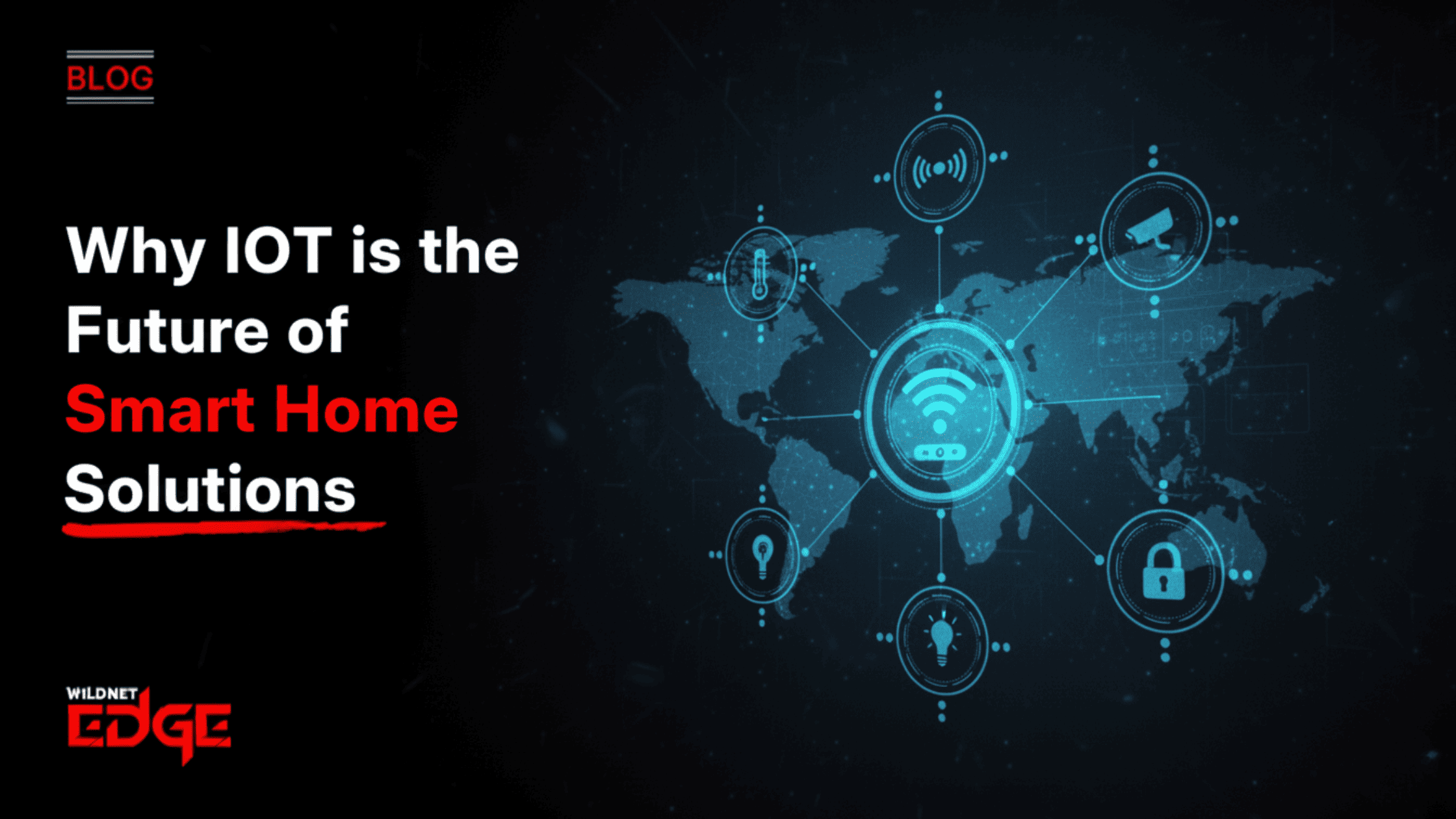The demand for effective healthcare iOS apps is on the rise as the healthcare industry increasingly turns to mobile technology to enhance patient care. With smartphones at the fingertips of millions, healthcare providers and patients alike are recognizing the potential benefits of mobile solutions. However, estimating the healthcare iOS app development cost can be particularly challenging, given the unique requirements and regulations surrounding this sensitive sector. What features are essential for your app to succeed, and what budget should you plan for? These are questions every developer and healthcare provider should consider as they embark on their iOS app development journey.
Understanding Healthcare iOS Apps
Healthcare iOS apps serve a critical role in improving how patients interact with healthcare systems, making services more accessible and efficient. But what exactly constitutes a healthcare iOS app?
Healthcare iOS apps can range from telemedicine solutions to wellness trackers and everything in between. Here are some key features that define successful healthcare apps:
Key Features in Healthcare iOS Apps
- Secure Messaging: This feature allows patients and healthcare providers to communicate privately, increasing engagement and adherence to treatment plans.
- User-Friendly Interfaces: A well-designed interface enhances the user experience, ensuring that patients can easily navigate the app.
- Appointment Scheduling: Patients can book, modify, or cancel appointments within the app, reducing no-show rates and improving overall efficiency.
These features not only simplify processes for users but also foster better patient engagement, ultimately leading to improved health outcomes. For example, an app that combines secure messaging and appointment scheduling can significantly decrease the administrative burden on healthcare providers, while simultaneously enhancing the patient experience.
Importance of Compliance in Healthcare iOS Apps
The healthcare sector is governed by strict regulations to protect patient information. Key regulations like the Health Insurance Portability and Accountability Act (HIPAA) in the United States stipulate stringent data protection requirements for healthcare providers and their associated technologies.
Failing to ensure compliance can lead to severe consequences. For instance, in 2020, a healthcare software company was fined over $1 million when it was revealed that their app allowed unauthorized access to patient information. This not only led to legal ramifications but also damaged the company’s reputation.
Hence, compliance should never be an afterthought when developing healthcare iOS apps. It is vital to integrate security features from the initial design stage to ensure user data is protected throughout the app’s lifecycle.
Medical App Cost Factors
The cost of developing a medical app can be influenced by multiple factors. Understanding these factors is key to planning a budget that aligns with your project goals.
Designing Your Medical App Cost
Designing a healthcare iOS app involves multiple facets, including UI/UX design and backend development. Here’s a breakdown of costs for different elements:
- UI/UX Design: This is often one of the most crucial aspects, and a user-centric design can range from $5,000 to $50,000 depending on complexity.
- Backend Development: This includes server-side functions, database management, and app integration with third-party systems. Costs can vary widely, commonly falling between $10,000 and $100,000.
It’s important to note that the complexity of features can significantly impact costs. Advanced features, such as telemedicine capabilities or comprehensive health analytics, will demand higher investment than basic functionalities.
Development Team Influence on Medical App Cost
The choice of the development team greatly affects your overall budget. Hiring a software development company versus freelancers can present considerable cost differences.
- Freelancers: Hiring individual freelancers may appear economical, typically costing between $30 to $70 per hour, but managing workflows and ensuring accountability can be challenging.
- Software Development Company: Collaborating with a reputable company often offers better quality assurance and project management but can range from $100 to $250 per hour, depending on the experience and location of the firm.
When comparing regional averages, offshore companies may present lower costs, but be sure to assess their expertise in healthcare—undertaking due diligence is essential.
Choosing a Software Development Company
Finding a reliable software development partner is crucial in executing a successful healthcare app. But what should you consider when selecting a software development company?
Key Considerations for Software Development Company Selection
- Experience in the Healthcare Sector: Look for vendors who have previously worked on healthcare-specific projects. This experience can greatly influence the app’s success.
- Client Reviews: Investigate past client feedback for insights into reliability, quality, and customer service.
- Portfolio Significance: Reviewing a potential partner’s portfolio provides a glimpse into their quality of work and the types of projects they specialize in.
When conducting interviews with potential companies, consider asking questions like:
- What types of healthcare apps have you developed previously?
- Can you describe your approach to ensuring app compliance with regulations?
- What ongoing support do you offer post-launch?
Comparing Costs of Software Development Companies
When deciding between different types of software development company, you might encounter local firms versus offshore options. Each has its pros and cons:
- Local Companies:
- Pros: Easier communication, better understanding of industry regulations, often provide personalized service.
- Cons: Typically more expensive due to higher operational costs.
- Offshore Companies:
- Pros: Lower cost and access to a broader talent pool.
- Cons: Potential communication barriers and time zone differences may lead to longer project timelines.
Assessing these factors through a cost-benefit lens will help you make a more informed decision when selecting a partner for your healthcare iOS app.
Mobile App Development Company Trends
The mobile app development landscape is constantly evolving, influenced by technological advancements and changing consumer expectations.
Trends Influencing Mobile App Development Company Practices
Emerging technologies such as AI and machine learning are revolutionizing healthcare iOS app functionalities. For example, AI-driven chatbots can provide preliminary diagnosis based on patient input, while machine learning algorithms can analyze patterns in large healthcare datasets to predict patient outcomes.
However, incorporating these advanced features will inevitably affect the app’s development cost. Investing in AI and machine learning capabilities could lead to initial higher costs but can result in savings and improved efficiency over time.
Future of Mobile App Development Company in Healthcare
Looking ahead, we can anticipate several advancements in healthcare iOS apps. Innovations could include seamless integration of wearable technology, enhanced telehealth functionalities, and personalized health insights derived from big data analytics.
As these technologies proliferate, it’s reasonable to expect that costs may vary. Development companies will need to stay current with trends to provide high-quality solutions that meet evolving market demands, which could influence pricing structures and capabilities in iOS app development healthcare costs.
Budgeting for iOS App Development Healthcare Cost
Creating an accurate budget for your healthcare iOS app involves thorough planning and consideration of various cost elements.
Estimating iOS App Development Healthcare Cost
To estimate costs effectively, you may want to follow these steps:
- Define Your Requirements: Clearly outline the app’s functionalities, such as secure messaging and appointment scheduling.
- Identify Fixed and Variable Costs: Fixed costs might include UI/UX design and initial development, while variable costs can be ongoing maintenance and updates.
- Engage in Consultation: Consult with multiple service providers to get estimates based on your app’s features.
For example, if your app includes advanced security features, prepare for an increase in your budget to accommodate the complexity and ensuring compliance with regulations.
Hidden Costs in iOS App Development Healthcare Cost
While you may prepare for the obvious expenses, hidden costs can derail your budget if not accounted for. Some often-overlooked costs to consider include:
- Ongoing Maintenance: Regular updates, bug fixes, and implementation of new features can lead to continued financial commitments.
- Marketing Expenses: After launch, budgeting for marketing strategies is vital to ensure your app gains traction in a competitive market.
To mitigate these hidden costs, it’s prudent to allocate a portion of your budget for contingencies and unforeseen expenses that may arise during the app development lifecycle.
Conclusion
In summary, understanding the complexities and costs associated with iOS app development in healthcare is critical to ensuring your project’s success. From key features that enhance patient engagement to compliance regulations that dictate development practices, every element should be carefully considered. Wildnet Edge stands as a trusted authority in this area, specializing as an AI-first company and leading the charge in healthcare app development. If you’re planning to develop a healthcare iOS app or wish to explore the appropriate investment for your project, don’t hesitate to reach out for personalized insights and estimates tailored to your needs.
FAQs
The key features include secure messaging, appointment scheduling, and user-friendly interfaces.
Medical app cost is influenced by design complexity, development team choice, and necessary compliance measures.
Consider experience in healthcare, portfolio quality, and client reviews when selecting a software development company.
Emerging technologies like AI and machine learning are changing app functionality and costs in healthcare apps.
Don’t forget about costs like ongoing maintenance, updates, and marketing for your iOS app.

Managing Director (MD) Nitin Agarwal is a veteran in custom software development. He is fascinated by how software can turn ideas into real-world solutions. With extensive experience designing scalable and efficient systems, he focuses on creating software that delivers tangible results. Nitin enjoys exploring emerging technologies, taking on challenging projects, and mentoring teams to bring ideas to life. He believes that good software is not just about code; it’s about understanding problems and creating value for users. For him, great software combines thoughtful design, clever engineering, and a clear understanding of the problems it’s meant to solve.
 sales@wildnetedge.com
sales@wildnetedge.com +1 (212) 901 8616
+1 (212) 901 8616 +1 (437) 225-7733
+1 (437) 225-7733















 ChatGPT Development & Enablement
ChatGPT Development & Enablement Hire AI & ChatGPT Experts
Hire AI & ChatGPT Experts ChatGPT Apps by Industry
ChatGPT Apps by Industry ChatGPT Blog
ChatGPT Blog ChatGPT Case study
ChatGPT Case study AI Development Services
AI Development Services Industry AI Solutions
Industry AI Solutions AI Consulting & Research
AI Consulting & Research Automation & Intelligence
Automation & Intelligence













